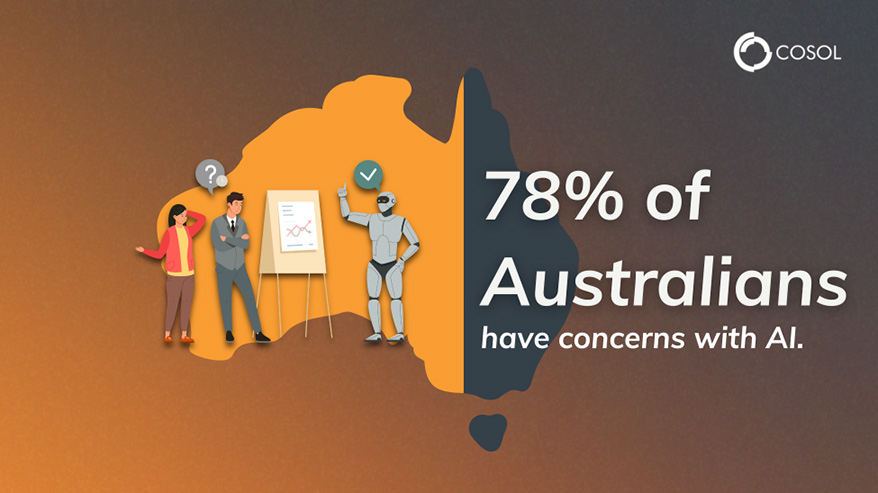At a glance
- Trust is the cornerstone of AI in asset management
- Success depends on data integrity, algorithm transparency, and security
- COSOL's Brisbane Airport case shows predictive maintenance in action
- Building trust turns AI from hype into real operational results
When I was first introduced to the world of asset management more than 25 years ago, I visited a site where a person known only as “the ninja” would walk around the facility once a month. No one knew exactly what they did, but they could predict failures with uncanny accuracy.
“The asset will fail in three weeks,” they’d say - and they were almost always right.
It was my first exposure to what we now understand as experiential pattern recognition. The ninja had no algorithm, no digital data - just a lifetime of experience. But they were trusted. And trust, I believe, is the foundation upon which AI must be built.
Easier said than done when some 78% Australians have concerns according to a KPMG & Melbourne business school study.

The New Age of Asset Management
Today, AI promises to do what that ninja once did - but faster, at scale, and without needing a lifetime of on-the-ground experience. It’s attempting to demystify the ninja. With modern AI, particularly agentic and reasoning models, we can analyse performance indicators, recognise anomalies, and predict failures with remarkable accuracy. And we can do it across thousands of assets simultaneously.
In the asset-centric industries we serve - mining, transport, utilities, defence, public infrastructure - AI will only succeed if executives and front-line teams have confidence in three key things:
- The data
- The algorithms, and
- The security
But as I mentioned, the numbers are currently against us when it comes to trust in AI as brought out in this CRN article highlighting how a lack of trust in AI systems is holding Australian businesses back. How do we overcome it? This is my thinking:




By building credibility around the data, the algorithms, and the security posture of AI platforms, we turn fear into confidence and pilots into production.
So, how do we scale the ninja? We do it with AI - built on trust, guided by experience, and grounded in data we can rely on.
Where AI Fits at COSOL
At COSOL, AI is not a side project – it runs through our AMaaS solutions. Maintenance scheduling, planning, work management, data governance, master data, and our AI Asset Lifecycle solution all rely on it. But none of it matters without trusted data. That’s the foundation, and it’s non-negotiable.

About Scott McGowan
What is the future of asset management in Australia, and what role does AI play?


